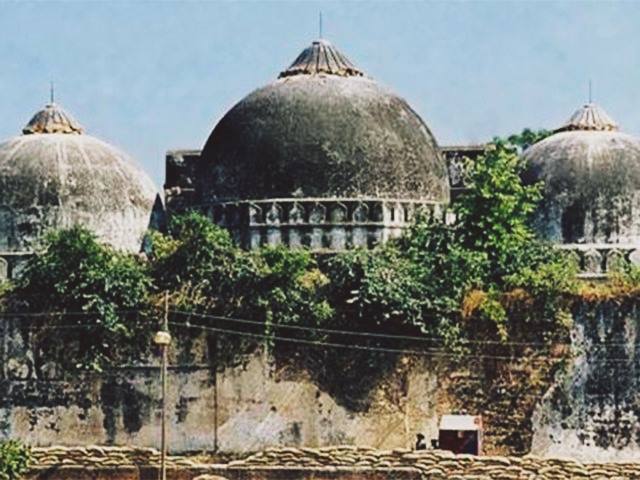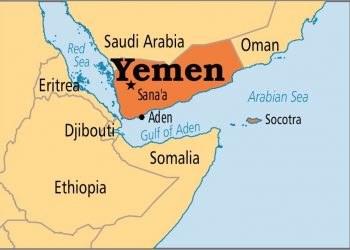INDIA: A five-judge bench gave its unanimous judgment on Saturday. The Indian Supreme Court grants Ayodhya land to Hindus. The five-judge bench was headed by the chief justice of India, Ranjan Gogoi.
Ayodhya Verdict – According to the court ruling Hindus can now construct a temple on the disputed land of Ayodhya.
The Muslims will be given five acre land in Ayodhya to construct a mosque.
The 16th century mosque was demolished in 1992 in Ayodhya, state of Uttar Pradesh, by right-wing mobs.
The 2.77 acres land was claimed by both Muslims and Hindus. The court today ruled that a Ram Temple could be constructed at the site. The Muslims will be given 5 acres of land in town to construct a mosque.
The courts considered the ancient text, a 500 year old diary written by Moghul emperor, travelogues from medieval merchants, colonial-era surveys and archeological records; to settle the ownership claims.

Babri Masjid
Destruction of Babri Masjid
- The destruction of Babri Mosque took place in 1992 by Hindu extremists.
- The destruction of the mosque sparked worst violence even seen in India since Independence.
- More than 2000 people were killed in nationwide riots.
- Dozens of Mosques and temples were also targeted by Muslim and Hindu mobs in a series of revenge.
Cause of Dispute
- Babri Masjid was built in a disputed site in Ayodhya in the 16th century.
- Hindus believe it is where their lord Rama was born.
- Muslims claim the land as the Mosque was built there in 1528.
- Hindus believe Babri Masjid was built on the ruins of Hindu Temple.
- The temple is believed to be destroyed by the first Mughal emperor Babar.
On social media there are different views. Some believe under Babri Masjid there was never a temple but only older mosques.
President Dr. Arif Alvi tweeted
An unfortunate verdict. Indian Supreme Court decides that a temple is to built at Ayodhya/Babri Masjid site showing clearly it has consistently sided with the extreme policies of the BJP and reflects an Hindutva ethos to the detriment of secular India
A prof of archaeology at J. Nehru Univ, argues that “even today, there is no archeological evidence that there was a temple under the Babri Masjid.” She says: “Underneath the Babri Masjid, there are actually older mosques.”
When BabriMasjid was being attacked by extremist hindus, India at that time consider the action illegal at that time, and after more than 25 years how does it become a disputed land and also become a holy place for hindus.
Justice RIP.#BabriMasjid
Babri Masjid verdict is unfair
PM Narendra Modi’s address to the nation on #AyodhyaVerdict
READ MORE: PM Khan inaugurates Kartarpur Corridor
READ MORE: Indian politician mocked for saying Indian cow milk contains gold
Follow INCPAK on | Facebook | Twitter |Instagram | for updates.



















